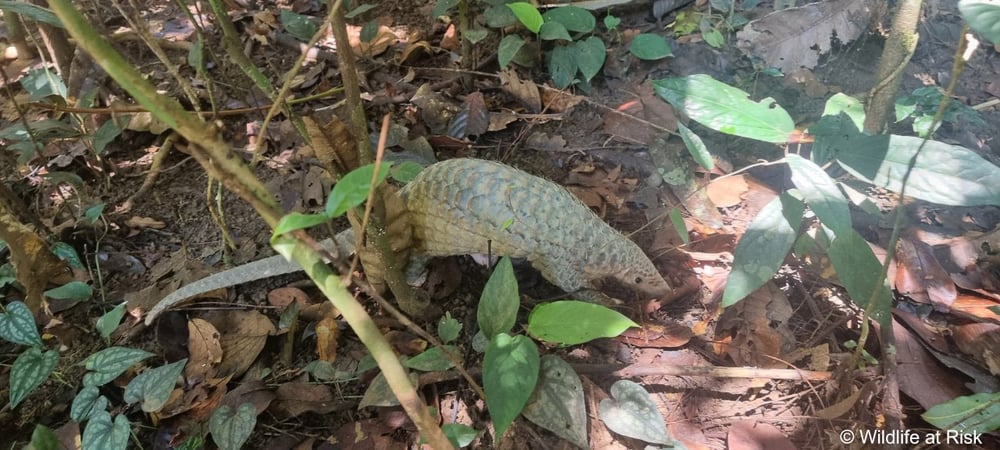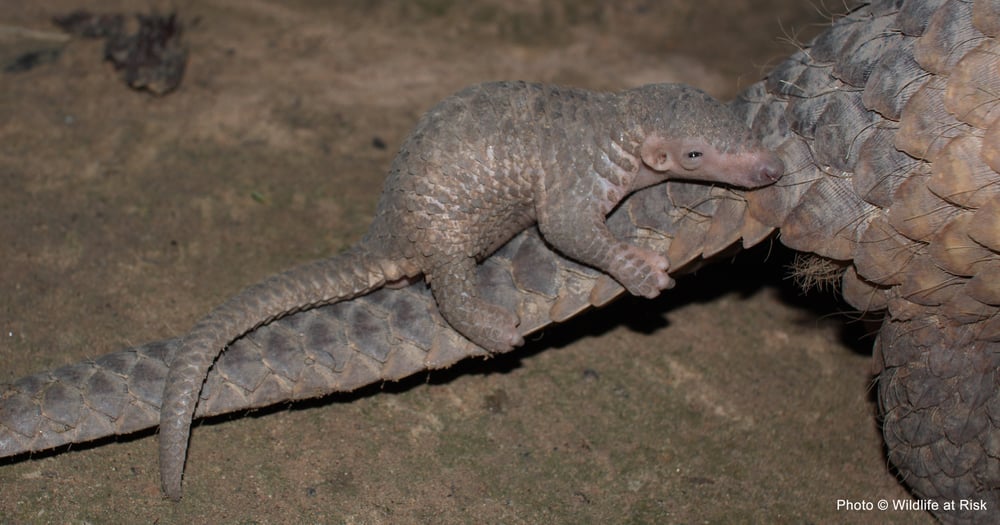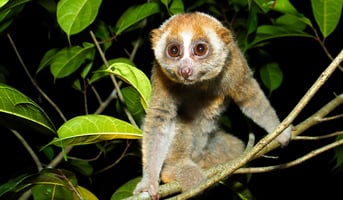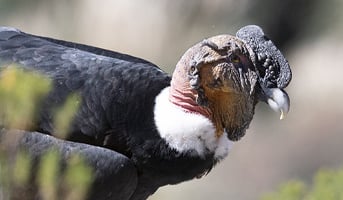World Pangolin Day: Raising Awareness and Taking Action to Save a Species
 Photo © Wildlife at Risk
Photo © Wildlife at Risk
On February 21, we celebrate World Pangolin Day, which raises awareness about the world’s most trafficked mammal.
Pangolin populations are rapidly declining in both Asia and Africa because poachers illegally trap, traffic, and kill them for their scales. When threatened, pangolins roll up into a tight ball to protect themselves, making them an easy target for poachers.
According to the Wildlife Justice Commission, an international foundation dedicated to disrupting criminal wildlife trade, an estimated 206.4 tons of pangolin scales were confiscated from 52 seizures between 2016 and 2019.
How Greater Good Charities is Helping to Save the Pangolin
Project Peril is a program by Greater Good Charities that focuses on conserving endangered, threatened, or close-to-extinct species worldwide. One such species is the pangolin, the only mammal with scales. Due to illegal poaching, pangolins are critically endangered.
 Photo © Wildlife at Risk
Photo © Wildlife at Risk
Greater Good Charities is working with Wildlife at Risk, a top Vietnamese conservation organization, to aid in conserving endangered species, including pangolins.
One of the activities is a breeding program sanctuary in Vietnam. This effort is seeing results — currently, a pangolin in the enclosure is pregnant. In November last year, the first pangolin born at the center was successfully released into the wild.
Every pangolin born and released is a stride forward for this threatened species.
How Can You Help
Breeding programs for pangolins require extensive time and effort.
Pangolins mate once a year and give birth to only two or three offspring at a time. Therefore, it is crucial to support their well-being – both parents and babies.
To help pangolins grow and thrive, they need a specialized diet, safe enclosures, and microchips to monitor their safety after release.
With your support, we can make a significant impact in protecting pangolins. Become a monthly Amplifier donor to ensure a bright future for this special species.


